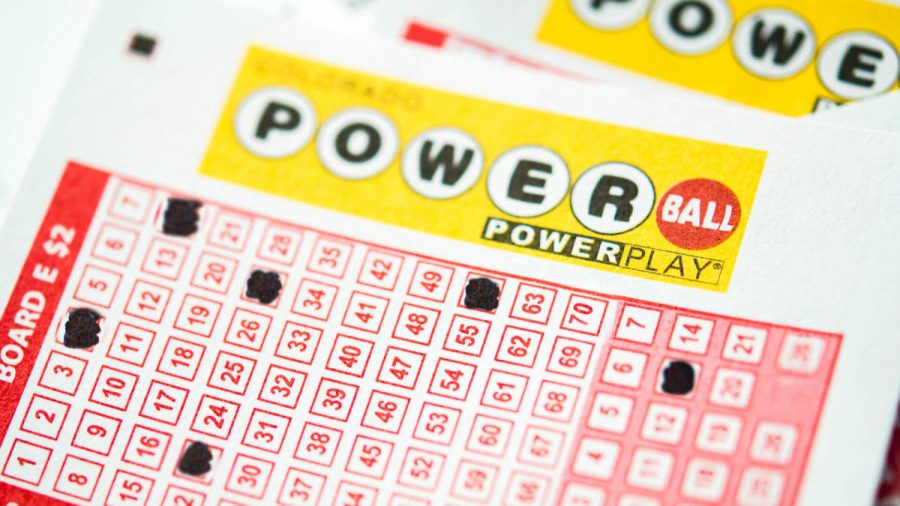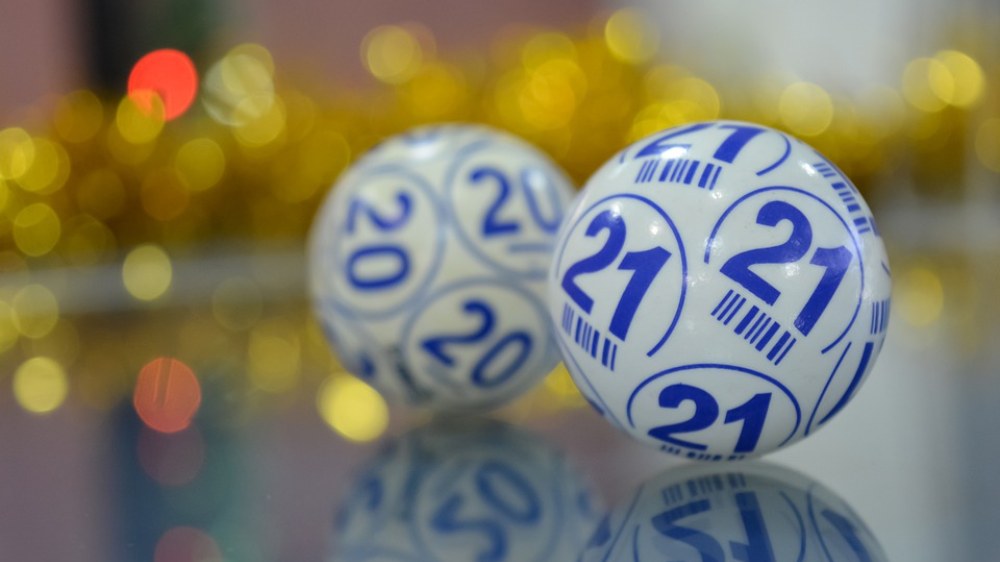
Busting the Myths: Unraveling Common Misconceptions about Lotteries
Lotteries have been part of human civilization for centuries. From ancient Roman games to the modern Powerball, these games of chance offer the promise of life-changing rewards. However, where there’s potential for great reward, myths and misconceptions tend to surface.
Some beliefs about lotteries are handed down through generations or spread by word of mouth, while others are the product of misinformation or misunderstanding. This article aims to debunk the most prevalent lottery myths, arming readers with knowledge to make informed choices.
Myth 1: Certain Numbers are ‘Due’ to Win
One of the most persistent myths is that if a particular number hasn’t been drawn for a while, it’s due for an appearance. People believe that the longer a number hasn’t shown up, the more likely it is to be drawn in the next draw.
The truth, however, is that lotteries are random. Each draw is independent of the previous ones. This means that every number combination has an equal chance of being drawn, regardless of its past frequency or absence.
Myth 2: Some Tickets are Luckier than Others
Some believe that buying tickets from a store that recently sold a winning ticket increases their chances. They think certain outlets are ‘luckier’ than others. Conversely, others avoid such stores, believing they’ve used up their luck.
Reality check: The selection of lottery numbers is a random process. Where you purchase your ticket has no bearing on its likelihood of winning. Every ticket has an equal opportunity, whether bought from a ‘lucky’ store or not.
Myth 3: Personal Strategies Increase Winning Odds
Many players are convinced that using specific strategies or systems, like choosing birth dates or using patterns, will enhance their chances. They stick to these methods religiously, convinced that they’re onto a winning formula.
Yet, each lottery draw is random. Personal strategies or patterns have no influence on the outcome. While using significant dates or patterns can be fun, they don’t improve your odds of winning.
Moreover, relying solely on personal dates (like birthdays) limits your number range. This can reduce the combinations you play and potentially decrease chances of winning bigger prizes.

Myth 4: Checking Tickets Immediately is Crucial
A common belief is that lottery tickets must be checked immediately after the draw. Some think that prizes can only be claimed shortly after the winning numbers are announced.
While it’s good practice to check your tickets promptly, winners usually have a considerable amount of time, often several months, to claim their prize. Always consult the rules of the specific lottery you’re playing, but rest assured, you typically won’t lose out if you don’t check immediately.
Myth 5: Huge Jackpots Mean More Winners
When jackpots soar to eye-watering amounts, ticket sales often spike. People assume that with more tickets in play, there will be more winners. The logic seems sound, but it’s flawed.
The number of tickets sold doesn’t increase the chance of any single ticket winning. While there might be more winning tickets due to the sheer volume sold, the odds of any individual ticket winning remain the same.
